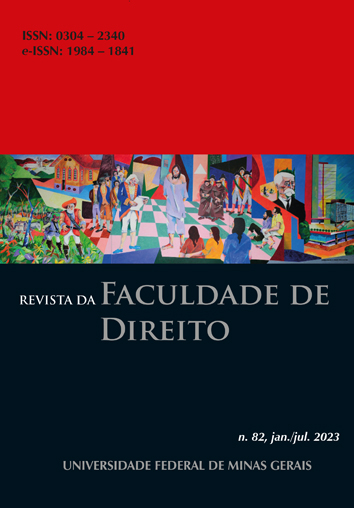CONFLICTS IN THE SCOPE OF PUBLIC HEALTH: THE RIGHT TO HEALTH THROUGH HEALTH MEDIATION FROM THE PERSPECTIVE OF FRATERNAL LAW
DOI:
https://doi.org/10.12818/P.0304-2340.2023v82p163Abstract
Public health in Brazil is a locus for (re)thinking the limits and possibilities of incorporating new forms of treatment of health conflicts such as mediation. The general objective of this article is to analyze the democratization of access to justice through health mediation within the scope of public health. The study is articulated by the hypotheticaldeductive approach method and is guided by a bibliographical analysis, having as its theoretical basis the Metatheory of Fraternal Law, developed by the Italian jurist Eligio Resta. Faced with conflicts in the context of public health, the question arises: what are the limits and possibilities of realizing the right to health through health mediation from the perspective of Fraternal Law? It appears that fraternity, as an unveiler of paradoxes, is incorporated into the field of public health through the applicability of health mediation, as it has the potential to unveil the paradoxes of health conflicts and, consequently, facilitate the process of democratization of access to justice in favor of realizing the right to health.




















